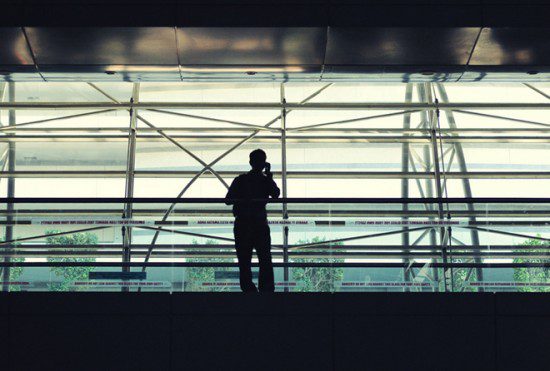There’s a funny catch-22 when it comes to privacy best practices. The very techniques that experts recommend to protect your privacy from government and commercial tracking could be at odds with the antiquated, vague Computer Fraud and Abuse Act (CFAA).
A number of researchers (including me) recently joined an amicus brief (filed by Stanford’s Center for Internet and Society in the “Weev” case), arguing how security and privacy researchers are put at risk by this law.
However, I’d also like to make the case here that the CFAA is bad privacy policy for consumers, too. It’s not just something that affects hackers and academics.
The crux of a CFAA violation hinges on whether or not an action allows a user to gain “access without authorization” or “exceed authorized access” to a computer. The scary part, therefore, is when these actions involve everyday behaviors like clearing cookies, changing browser reporting, using VPNs, and even protecting one’s mobile phone from being identified.
SOURCE: wired.com

